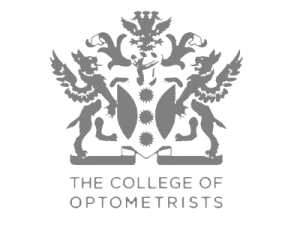After years of exploration, I was delighted to read that scientists at Oxford Uni have succeeded in restoring the sight in people with a form of degenerative eye disease.
Choroideremia affects about 1 in 50,000 people who see their eye sight deteriorating as the light-detecting cells in their eyes die, usually becoming completely blind during their mid-life – a disease not dissimilar to the more widely known retinitis pigmentosa. There has been lots of research in this area but this is the first real world example of success.
Whilst the long-term effects are still unknown, the fact that the trial has had such early successes is a huge step forward and will give real hope to those suffering from various genetic eye diseases.
And it doesn’t stop there. There are many diseases with genetic components that affect eyesight, such as glaucoma which a number of my patients suffer from, and I am hopeful that the same principle could be used to treat a raft of similar diseases in the future.
What is especially heart-warming, is that the research was funded by the Tommy Salisbury Choroideremia Fund set up by the parents of Tommy, a 13-year-old boy from Kent who was diagnosed with the disease eight years ago. Wouldn’t it be great if he reaped the rewards of the research?
Read more about it here












